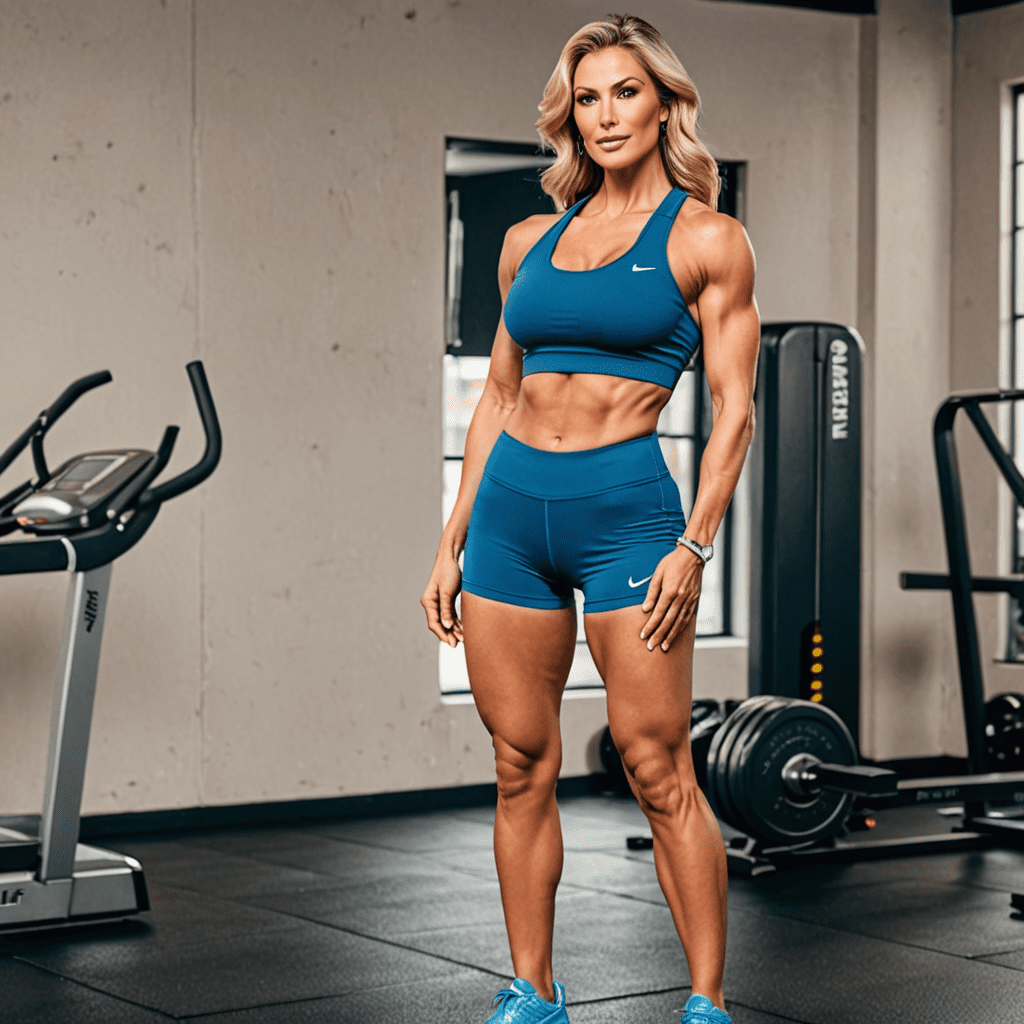
Embracing Body Changes During Pregnancy
Introduction
Pregnancy is a transformative journey marked by profound physical and emotional changes. As your body adapts to nurture new life, it undergoes a remarkable series of transformations. Embracing these changes as part of the natural pregnancy process is crucial for maintaining a positive and healthy outlook throughout this incredible experience.
Common Body Changes
Uterus Expansion: The uterus, the home of your growing baby, undergoes significant expansion throughout pregnancy. This causes a visible change in the abdomen
6. Celebrating the Journey
Embrace the incredible journey of pregnancy by focusing on the positive aspects of this transformative experience. Capture memories through photos and journaling, documenting your changing body and the growing life within. Celebrate milestones such as feeling your baby's first kicks, hearing the heartbeat, and witnessing the development through ultrasounds.
Prioritize self-care and create a positive environment for yourself. Surround yourself with supportive loved ones and engage in activities that bring you joy and relaxation. Whether it's prenatal yoga, meditation, or simply spending time in nature, prioritize activities that nurture your well-being.
7. Postpartum Transition
After childbirth, your body embarks on another remarkable transformation as it recovers and adjusts to motherhood. Expect physical and emotional changes as your hormones shift and your body gradually returns to its pre-pregnancy state. Allow yourself time to rest and heal, and seek support from your partner, family, and healthcare providers.
8. Body Image and Self-Care
It's natural to experience fluctuations in body image during and after pregnancy. The key is to practice self-compassion and appreciate your body for its incredible capabilities. Embrace the unique beauty of your postpartum body, recognizing the strength and resilience it has demonstrated throughout pregnancy and childbirth.
9. Tips for a Smooth Transition
- Rest and recovery: Prioritize getting adequate sleep and rest to allow your body to heal and adjust.
- Nutrition: Nourish your body with a balanced diet rich in fruits, vegetables, whole grains, and lean protein.
- Exercise: Gradually reintroduce gentle exercises as your body allows, starting with walking, stretching, and low-impact activities.
- Support system: Surround yourself with supportive loved ones who can assist with household tasks, childcare, and emotional support.
- Professional help: Don't hesitate to seek professional help if you experience persistent physical discomfort or emotional challenges.
10. FAQ
Q: What are some common postpartum discomforts?
A: Common postpartum discomforts include afterpains (uterine contractions), fatigue, perineal pain, and hormonal fluctuations.
Q: How can I manage weight gain after pregnancy?
A: Focus on a healthy diet and gradual exercise, prioritizing nutrient-rich foods and regular physical activity suited to your postpartum recovery.
Q: When can I resume sexual activity after childbirth?
A: Consult with your healthcare provider for guidance on when it is safe to resume sexual activity after childbirth.
Q: How can I cope with emotional changes after pregnancy?
A: Talk to your partner, family, or a therapist about your feelings. Consider joining a support group for new mothers.
Q: What are some resources for postpartum care?
A: Your healthcare provider, local parenting groups, online resources, and support hotlines can provide helpful guidance and support during the postpartum period.
Remember, embracing body changes during and after pregnancy is a journey of self-discovery and acceptance. By prioritizing self-care, seeking support, and celebrating the incredible transformation your body undergoes, you can navigate this experience with confidence and joy.


